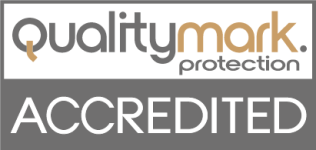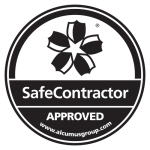Solar panels are a solution that won’t suit everyone. They have a relatively high upfront cost and take years to produce enough savings to pay for themselves, which can cause homeowners to think twice about taking the plunge. However, the government plans to reduce the amount that is paid to owners of photovoltaic solar panels by 87% in January 2016, so if you think that solar energy might be of interest to you, now is the time to act.
The first thing to note about solar panels is that they come in two broad types. The first are photovoltaic panels, which generate electricity that can be sold to the grid using the government’s Feed In Tariff scheme. The second are solar water heating panels that, as their name suggests, are used to heat water.
Before installing solar panels of any type on the roof of your home, it makes sense to ensure that your home is properly insulated. Loft and cavity wall insulation can make a huge difference to the amount of electricity that it takes to heat your home. The savings from ensuring that your home is properly insulated will change the calculation as to whether it makes sense to install solar panels.
Solar water heating panels are typically several thousands of pounds cheaper than photovoltaic panels. However, they only produce hot water, so the savings that they achieve are only in comparison with what it costs to heat water using a boiler. The savings will be larger if you are using LPG to heat your water rather than mains gas. In either case, it will take many years for the panels to pay off their purchase cost.
Photovoltaic solar panels are more expensive, but could potentially produce bigger savings. This is because they are eligible for the government’s Feed In Tariff scheme, which guarantees the owners of photovoltaic panels a set price for any electricity that they generate that is fed back into the grid. Whether or not they make sense for your home will depend on whether you tend to use electricity during the daylight hours.
In either case, if you would like to discuss the possibility of installing solar panels on your home, we’re ready to take your call.








